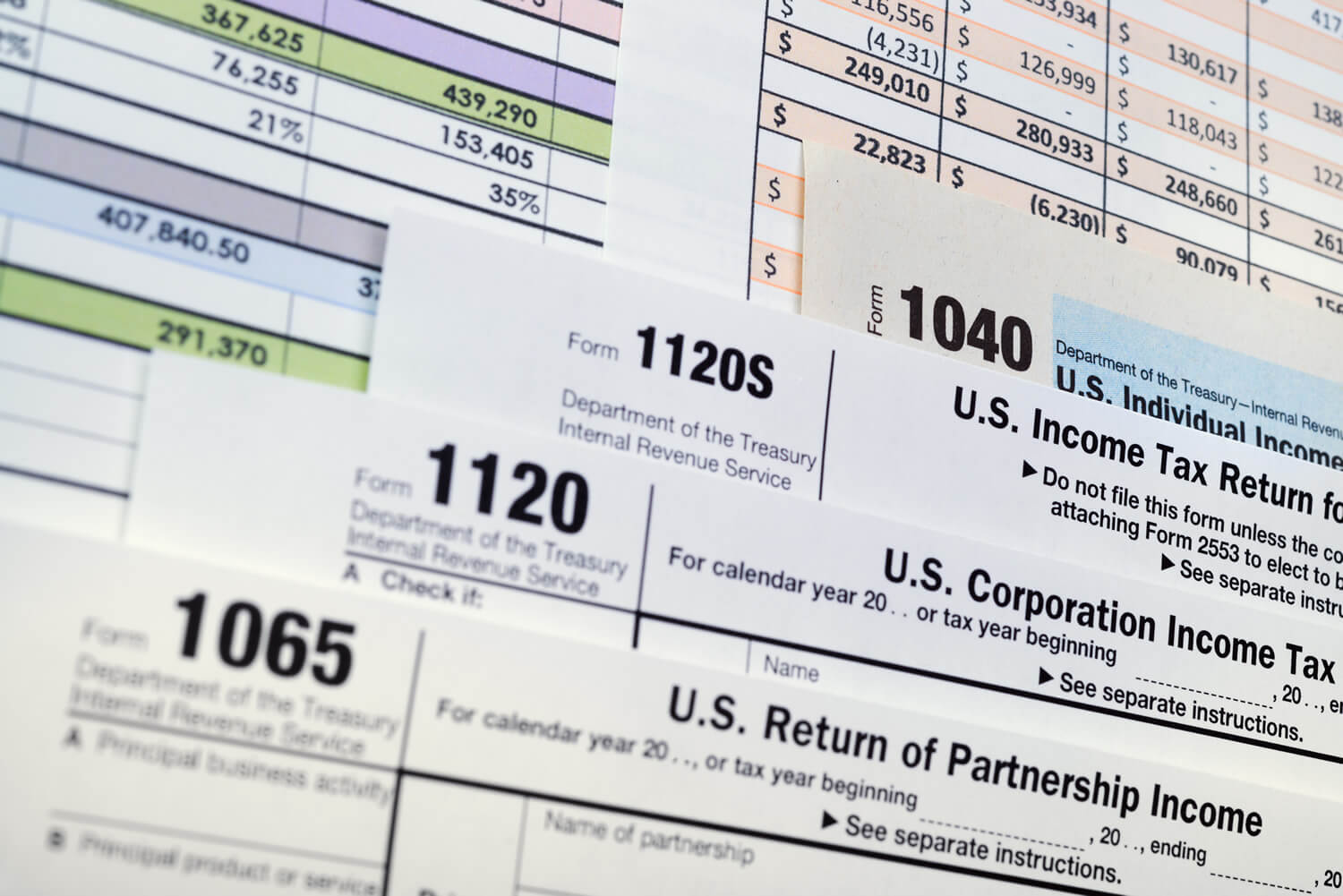IRS Rental Property Tax Deductions

Introduction: Why Tax Deductions Matter for Rental Property Owners
As a rental property owner, understanding the tax deductions available to you can be a game-changer for your financial success. The IRS offers a range of deductions that allow landlords to reduce their taxable income, effectively increasing their net profits. However, many landlords overlook key deductions, leaving money on the table.
Key Deductions Every Landlord Should Know
- Mortgage Interest
One of the most significant deductions for rental property owners is mortgage interest. If you have a loan on your property, the interest portion of your payments is fully deductible. This can be especially beneficial in the early years of your mortgage when interest payments are at their highest. - Property Depreciation
The IRS allows you to deduct the depreciation of your property over 27.5 years for residential real estate. This deduction helps account for the wear and tear on your property, even if its market value is increasing. - Repairs and Maintenance
Expenses for repairs, such as fixing leaks, replacing broken appliances, or painting, are fully deductible in the year they occur. However, note that improvements (like adding a new room) must be capitalized and depreciated over time. - Property Management Fees
If you hire a property management company to handle your rental property, their fees are deductible. This includes tenant placement fees, monthly management fees, and even advertising costs for finding tenants. - Utilities and Insurance Costs
Utilities paid on behalf of tenants, such as water or electricity, are deductible. Additionally, property insurance premiums, including landlord liability insurance, can be written off.
Lesser-Known Deductions That Can Save You More
- Travel Expenses
If you travel to manage your rental property, whether locally or out of state, you can deduct travel-related costs. This includes mileage, airfare, lodging, and meals (subject to IRS guidelines). - Legal and Professional Services
Fees paid to attorneys, accountants, and CPAs for managing your rental property’s legal and financial aspects are fully deductible. - Advertising Costs
Whether you use online platforms, newspapers, or signage to advertise your rental property, all related expenses are deductible. - Home Office Expenses
If you use a portion of your home exclusively for managing your rental property, you may qualify for a home office deduction. This includes a portion of utilities, internet, and office supplies.
Tips to Maximize Your Deductions
- Keep Detailed Records: Maintain organized records of all expenses, including receipts and invoices. This makes it easier to claim deductions and provides evidence in case of an audit.
- Use Accounting Software: Platforms like QuickBooks or Stessa can simplify tracking income and expenses for your rental property.
- Consult a Tax Professional: A CPA or tax advisor with expertise in real estate can help ensure you’re claiming all eligible deductions and complying with IRS regulations.
Conclusion: Seize the Opportunity to Save on Taxes
Rental property tax deductions can significantly boost your profitability by reducing your taxable income. From mortgage interest to depreciation and beyond, understanding these deductions allows you to keep more of what you earn. For maximum savings, stay organized, use the right tools, and consult professionals when needed.

